Noticia
Analysis of the impact of Covid 19 on education
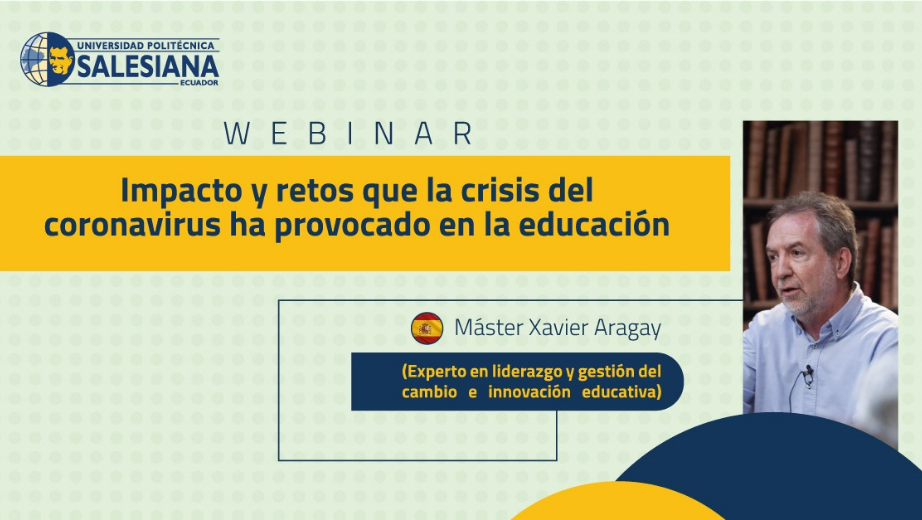
In the decade between 2020 and 2030, education will face its greatest changes, not only because of the Covid 19 pandemic, but because there haven't been many transformations for about 25 years. These were two of the topics discussed during the webinar "Impacts and challenges of Covid 19 in education" which was organized by the university's postgraduate department and held on September 4th.
400 people took part in the webinar led by Xavier Aragay, an expert in leadership and management of educational change and innovation and the founder of Universidad Oberta de Catalunya, one of the first European universities to offer online education.
Father Juan Cárdenas, UPS president, stressed that the current crisis has caused profound changes in all social areas. Regarding education, despite the fact that education has not stopped, he stated that there is an urgent need to find solutions, taking advantage of technology to create virtual environments and adjust educational systems to the demands of today's society.
Diego Peñaloza, head of postgraduate programs at UPS, mentioned that the aim of the webinars are to create spaces for social reflection on the impacts generated by the pandemic so that each professional, based on their knowledge, can generate actions for the benefit of the work they carry out. In addition, he invited attendees to be aware of the @PosgradosUPS social networks to learn about new events and all the current offers of the postgraduate programs.
Xavier Aragay, speaker, began his presentation by highlighting that around the world no one was prepared for the changes caused by the pandemic. Besides health, social and economic crisis, there is also an educational crisis, where it is necessary to raise opportunities for reflection and transformation.
What the pandemic did was accelerate the processes of change in the educational environment, where it is necessary that teachers analyze the current situation and make a collective effort to build new educational challenges. The expert explained that we went from a face-to-face educational method to a remote emergency education and that in the near future it should become a flexible and hybrid face-to-face education, where it is essential to change the patterns we were accustomed to.
The speaker presented an essential question: What have we discovered during these months of remote teaching? He explained that some of the lessons are establishing emotional bonds; team work; have an educational curriculum as a means to teach classes; work in a global education connected to the student's life project. For all this, it is necessary to change our view of education and think of people as the main focus, using new exhibition and collaboration strategies.
Xavier Aragay stated that the pandemic placed us in a scenario where education is obsolete, suitable only for face-to-face learning environments and repetition, and that it is necessary to incorporate new forms of teaching, create spaces for collaboration and begin to build a "new school ".
Finally, he explained that one of the problems facing current education is interdisciplinary content, that is, specific knowledge of a specific area of knowledge, which is only worked from that subject. Therefore, one of the challenges is to change content and work on new forms of learning, identifying the relationship between them and how they contribute to creating a sense of responsibility and commitment to education.
For more information, go to: http://bit.ly/webinarEducacion
Contenidos Relacionados
Contenidos Relacionados
Noticias Relacionadas
Noticias Relacionadas

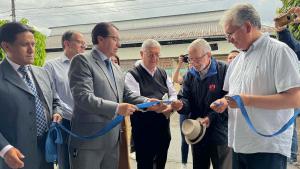
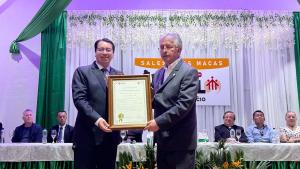
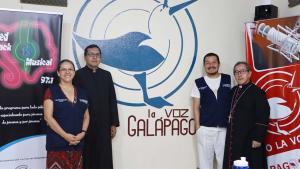
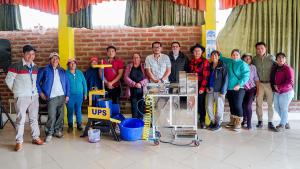
Follow us
Follow us